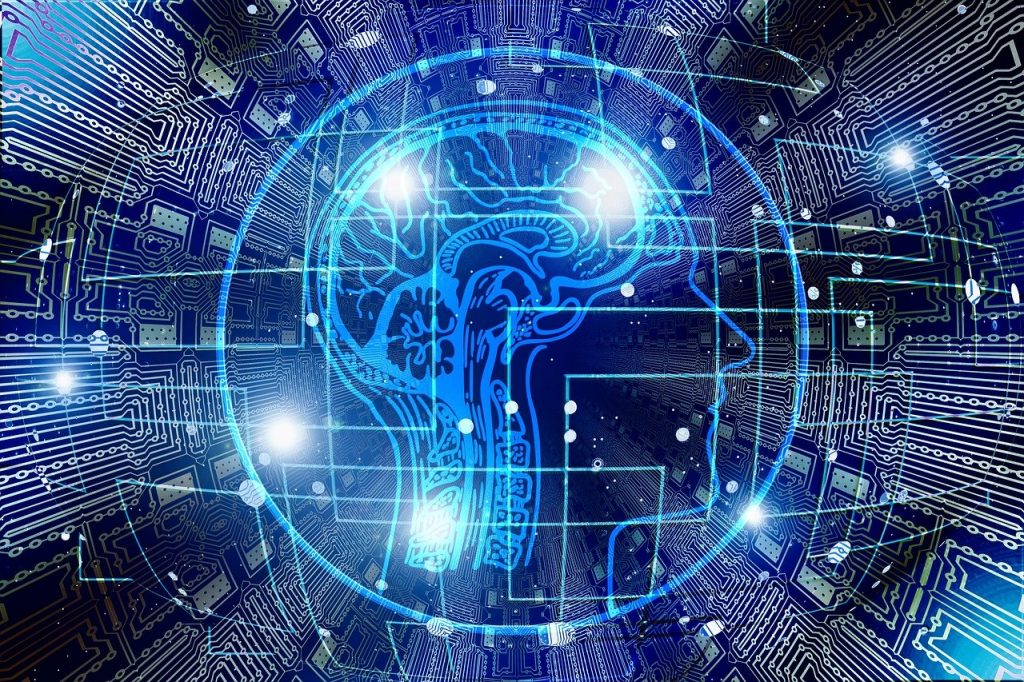Introduction
The impact of Artificial Intelligence (AI) on various sectors, including the legal field, is evident. Familiarity with AI and its applications is vital for aspiring lawyers to stay competitive and proficient in their careers. Steve Mehr, co-founder of Sweet James Law Firm and a practicing attorney, highlights the importance of AI literacy in legal education and how innovative methods are incorporating AI into legal training.
1. The Significance of AI Literacy for Law Students and Legal Professionals
Given the increasing presence of AI in the legal sector, having AI literacy is essential for both law students and professionals.
Key Reasons for AI Literacy
- Practical Competence: Understanding AI is crucial for legal professionals to effectively utilize technology in their work. AI tools are now integral in legal research, e-discovery, contract analysis, and predictive analytics. Legal professionals must also understand the ethical and regulatory aspects related to AI to ensure compliance and maintain ethical standards while utilizing technology.
- Competitive Advantage: Having a good grasp of AI can give professionals an edge in the job market. Law firms increasingly seek candidates who can incorporate AI into their workflows to improve efficiency and achieve better client outcomes. Steve Mehr emphasizes how being literate in AI can set individuals apart in today’s legal industry.
- Future-Proofing Careers: Being well-versed in AI technology helps future-proof careers in the legal field. Professionals who are skilled in AI will be better equipped to adapt to new tools and advancements, ensuring their long-term career success.
Illustrative Example:
In 2021, a prominent law school introduced a mandatory course on AI and Law for all first-year students. The course covers fundamental concepts of AI, its applications in law, and ethical considerations. Students who completed the course reported feeling more confident using AI tools during internships and gaining a competitive advantage when seeking job opportunities.
AI literacy is crucial for law students and legal professionals to stay skilled, ethical, and competitive in the ever-changing legal field. Introducing AI education into legal curricula is a vital step in preparing future lawyers for the challenges of modern legal practice.
2. AI as a Tool in Legal Education: Enhancing Learning and Training
Using AI in legal education goes beyond just studying it; it serves as a valuable tool for improving the learning process and training professionals in the legal field.
Key Uses of AI in Legal Education
- Personalized Learning: AI-powered platforms can customize educational content to suit each student’s needs, offering tailored learning paths and resources based on their strengths and weaknesses.
- Interactive Learning Tools: AI-driven tools like chatbots and virtual assistants enhance learning experiences by engaging with students, answering queries, providing explanations, and simulating real-world legal scenarios for practice.
- Automated Grading and Feedback: AI systems support instructors by automating the grading of assignments and exams, providing immediate feedback to students. This enables more prompt and in-depth feedback, improving the learning experience.
- Training for Legal Research: AI tools like ROSS Intelligence and Casetext can be integrated into legal education to teach students advanced research methods.
- Virtual Reality (VR) Simulations: AI-powered VR simulations can create engaging learning environments where students can practice courtroom procedures, negotiations, and client interactions.
Illustrative Example:
In 2020, a prestigious law school collaborated with a technology company to develop an AI-driven module for legal research training. The module utilizes AI to simulate intricate research tasks, guiding students through the process and offering real-time feedback. This initiative notably enhanced students’ research abilities and familiarity with AI tools used in the field.
Challenges
- Technology Accessibility: Ensuring that all students have access to the required technology and resources for benefiting from AI-enhanced education is essential.
- Curriculum Integration: Creating educational tools based on AI that align with existing curricula and learning objectives can be intricate, necessitating collaboration between educators and technologists.
AI is reshaping the landscape of legal education through tailored, engaging, and effective learning experiences. By integrating AI into legal training, students are equipped with hands-on skills and readiness for the technological advancements in the legal field.
The Future of AI in Legal Education
The future outlook for AI in legal education appears bright, with ongoing developments poised to elevate learning and training to new heights.
Upcoming Trends
- Personalized Learning Systems: Future AI systems will offer advanced personalized learning features, adapting content and pace based on real-time student performance data.
- Fusion with Blockchain: By integrating AI with blockchain technology, secure and transparent educational records can be created, boosting the credibility and traceability of students’ accomplishments and progress.
- Continuous Learning: AI will support continuous professional growth by offering continual training opportunities and skill enhancement for legal practitioners throughout their careers.
- Global Cooperation: AI-driven platforms will foster international collaboration among law schools, allowing students and educators to exchange resources, engage in joint endeavors, and tap into a broader spectrum of expertise.
The incorporation of AI in legal education is expected to progress further, offering more advanced and effective learning resources. These advancements will ensure that upcoming legal professionals are well-prepared to tackle the intricacies of contemporary legal practice and utilize AI to enhance their work.
To sum up, understanding AI is crucial for law students and professionals to stay current and efficient in the changing legal environment. The integration of AI in legal education improves learning and training by providing tailored, interactive, and effective educational experiences. With the continuous advancement of AI technology, its role in legal education will expand, equipping future lawyers for the complexities and possibilities of modern legal practice. Steve Mehr from Sweet James Law Firm advocates for incorporating AI into legal education as a key element in cultivating skilled and adept legal professionals.

